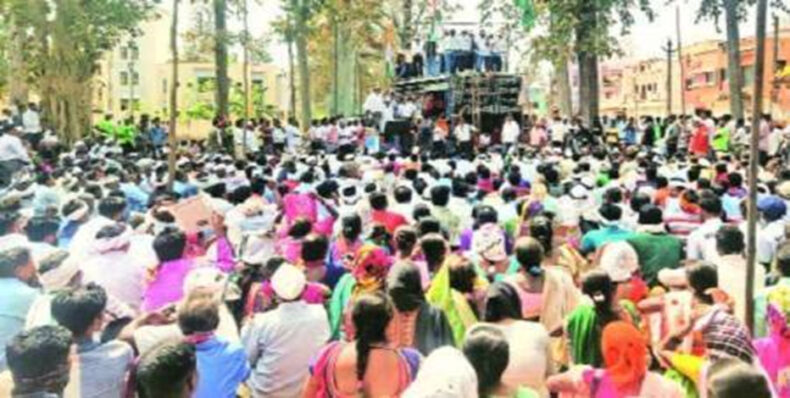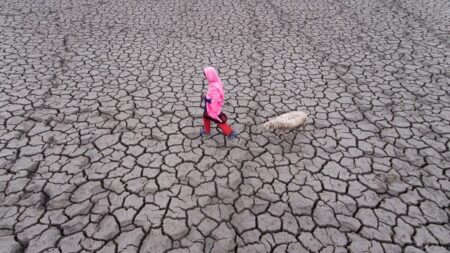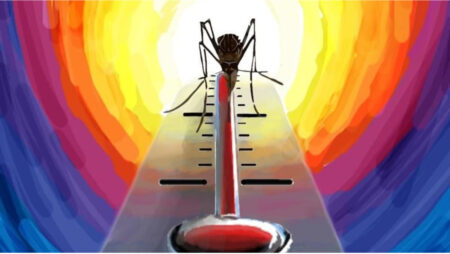Harshika chowdary
25-05-23
We are deeply saddened to share the tragic incident that unfolded in Jammu and Kashmir’s Kishtwar district. In the early hours of Thursday morning, a tribal nomadic family, comprising four members, faced a horrifying mishap when a towering pine tree fell onto their tent. This devastating event occurred in the Bhalna forest area of the Keshwan belt, which had been battered by heavy rainfall and storms over the past 24 hours. The tree’s colossal size, combined with strong winds and torrential downpour, led to its uprooting and subsequent collision with the family’s shelter.
Khalil Poswal, the Senior Superintendent of Police, provided details of the incident, stating, “A pine tree fell on a tent where a nomadic family had set up camp in the forest belt. Sadly, this tragic incident claimed the lives of four family members earlier today.” The victims, including three women, tragically lost their lives at the scene. They have been identified as Nazir Ahmed (55), his wife Anwar Begum (42), Shama Begum (26), wife of Shoket Ahmed, and Shakeel Banoo (17), all residents of the Kathua district in Jammu province.
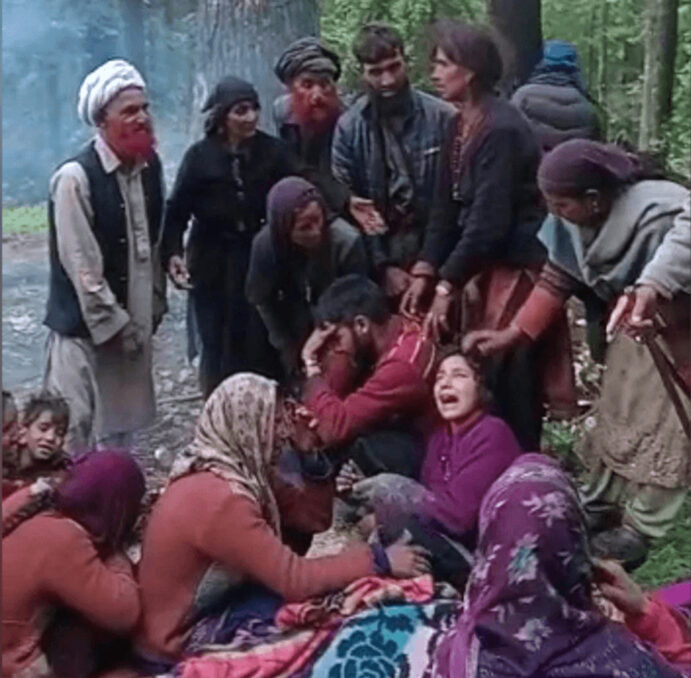
According to reports, the family was en route to Dachan with their flock of sheep and goats when they sought refuge in the Bhalna forest due to the relentless rainfall. Unaware of the imminent danger, they sought temporary shelter under the very tree that ultimately turned into a catastrophic hazard.
Upon receiving the distress call, Deputy Commissioner Devans Yadav promptly dispatched a police team to initiate a rescue operation. Unfortunately, by the time help arrived, all four family members had succumbed to their injuries. Their bodies were subsequently transferred to a nearby hospital to undergo necessary legal procedures.
Recognizing the urgent need for support, the Red Cross Society provided immediate relief of Rs 50,000 to assist the grieving family. Lieutenant Governor Manoj Sinha expressed his heartfelt condolences, saying, “I am deeply anguished by the loss of lives in this tragic incident in Kishtwar. My thoughts are with those who lost their loved ones.” He has directed the Deputy Commissioner to extend all possible assistance to the bereaved families during this challenging time.
The tragic incident in Kishtwar district brings attention to the Gujjar-Bakerwal nomadic tribes and their bi-annual seasonal migrations to the upper reaches of the Shivalik, Pir-Panchal, and Trikuta Hills in the northwestern Himalayas. These migrations are primarily motivated by the increasing daily temperatures in the plains of the Jammu region. For centuries, the Gujjars and Bakerwals have embraced this cultural tradition, embarking on a journey to their summer destinations every April. Their migration typically spans 40 to 45 days as they traverse challenging terrains, ensuring the well-being of their livestock and adapting to the shifting seasons.
The Gujjar-Bakerwal tribes, constituting a significant portion of Jammu and Kashmir’s population, have maintained this unique way of life for generations. With over 600,000 nomadic individuals, they undertake the arduous tribal migration twice a year, carrying their livestock along with them. These migrations serve multiple purposes, including finding better grazing grounds for their animals and escaping the scorching heat of the plains. The Gujjars and Bakerwals possess an intricate knowledge of the land and its resources, enabling them to navigate the rugged terrain and optimize the well-being of their livestock.
During their journeys, these nomadic tribes face various challenges and adversities. They must contend with unpredictable weather patterns, treacherous mountain passes, and limited access to essential services and facilities. Despite these hardships, the Gujjar-Bakerwal communities have developed resilience and resourcefulness, adapting their lifestyles to the demands of their migratory existence. Their intimate connection with nature and their ability to sustain themselves while preserving their traditions are testaments to their remarkable cultural heritage.
The seasonal migrations of the Gujjars and Bakerwals not only ensure the survival and prosperity of their livestock but also provide economic opportunities and social cohesion within their communities. The nomadic lifestyle fosters a sense of shared identity and communal bonds as families and clans undertake these challenging journeys together. Moreover, their interactions with settled communities during their migrations contribute to cultural exchange and a deeper understanding between different groups within the region.
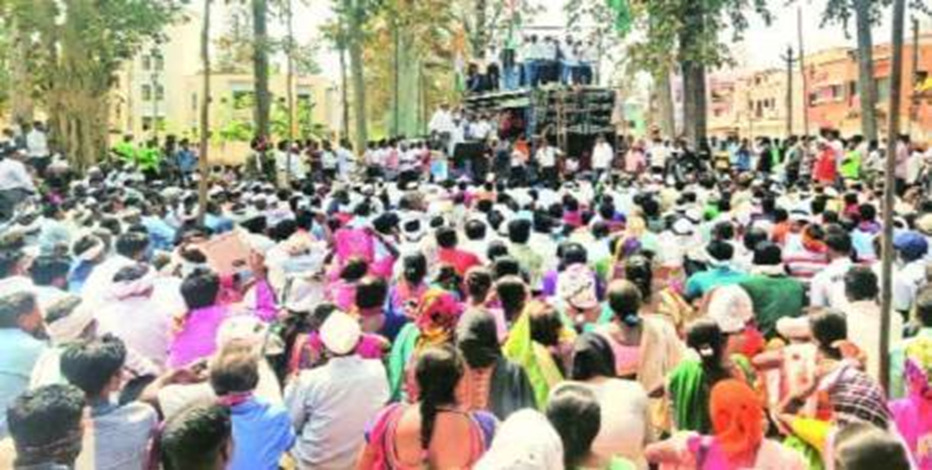
As we mourn the loss of the nomadic family in Kishtwar, it is crucial to recognize the significance of the Gujjar-Bakerwal migrations and their integral role in the cultural fabric of Jammu and Kashmir. Efforts should be made to support and safeguard the well-being of these communities during their migratory journeys. This includes providing adequate infrastructure, healthcare facilities, and educational opportunities to ensure their safety and enable their continued adherence to their ancestral traditions.
The Gujjars constitute over 20 percent of the population in Jammu and Kashmir, and approximately 600,000 nomadic individuals, accompanied by their livestock, undertake this tribal migration. This deeply rooted practice in their culture has been instrumental in their survival and sustenance.
As we reflect upon this tragic incident, our hearts and prayers go out to the families who have lost their loved ones. May they find strength and solace during this time of unimaginable grief. Furthermore, we hope that comprehensive measures will be taken to ensure the safety and well-being of the Gujjar-Bakerwal tribes during their future migrations







